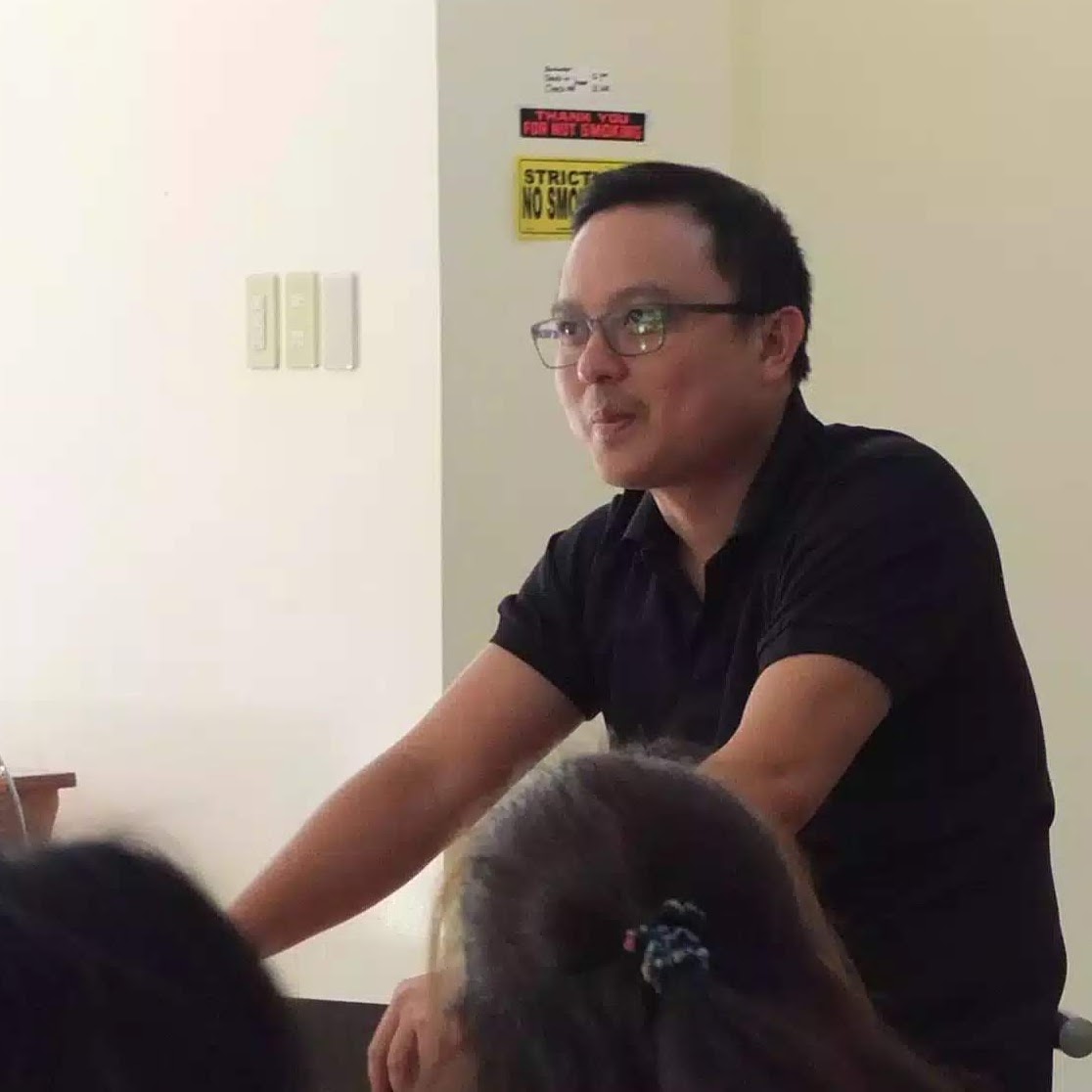Film Building for Teams
- Ian Amane

- Jun 9, 2020
- 4 min read

My first introduction to team building was back when I was still on the corporate path. First, as a participant, then later on, as an organizer. As a participant, team building fell into two main categories for me: the pizza party or the out of town over-nighter. Pizza parties were exactly what the name suggested and involved a progression into drinking towards the end. Later on, when I got to organize them, I realized the choice of team-building exercise was mainly due to a limited budget. It was really seen as a reward for working hard and at the same time an opportunity to let off some steam. The overnighters were different though. They usually had facilitators handling it, a schedule people needed to adhere to. These were a mix of lectures and activities centered on working as a team, activities like, tug-o-war, obstacle courses and the like.
It was later, when Overmind began its shift into consultancy and training, during the time when research was being done on organizational development, that I discovered a different kind of team-building that was being conducted abroad. These new forms were more focused and concentrated on behavioral change. They went beyond the usual group activities to activities that changed how people saw their teammates.
Providers like T-three from the UK offered activities that were personalized to the organization, outcome or goal oriented and largely based on behavioral science. They understand how a team communicates, what their working style is and they help teams understand themselves. Quite different from what I knew as team building.
This was key for me: the idea of understanding the self. Self-knowledge was the gateway for all sorts of paths to progress and I found that my previous experiences of team building never really led me along this path.
We have been shooting films for well near a decade already, and it has always stuck with me how the discipline, the difficulty and the process of film-making revealed things about me. Especially about how I work, how I thought about people around me and how I reacted to certain situations. I felt this was important. At the same time, I noticed how the exercise always brought my team, the same team I have worked with since forever, closer and increased understanding for each other. And on one of our stints in Cebu where we taught kids how to shoot films and manage film production, my friend Greg and I were brainstorming about new services we could offer as part of the new shift to consultancy and training. We had the idea to offer film making as a team building exercise. We saw how it affected the kids. How it increased trust between them. How it created stressful situations for the kids to overcome together and, in so doing, become stronger personally and as a team.
So we studied team building and found that to build any team we needed to tackle these three things:
Goals
Roles
Relations
Goals
The process of film making clarifies the goal. In fact, there is no other process I have been involved in that does this better than film making. The goal is clear: to produce this film according to the director’s vision. The process of doing so is also clear. The director himself, a leadership role primarily concerned with, well, direction, with the other aspects of leadership taking a secondary role, is challenged to clarify and concretize his goal. A process which, in my opinion, is just good leadership practice.
Roles
Perhaps one thing sorely missed by my team building experience is an appreciation for roles. The structure and roles of film making are clear and quite strict. People are supposed to stay within their roles and any deviation is frowned upon. Quite hierarchical actually. The process of filmmaking leads people to a better appreciation of how roles work and how working in a specific role helps the team achieve. This appreciation of roles goes deep actually. I used to think that helping out was a good thing, and that it justified doing other people’s work for them. The filmmaking process, however, leads people to see that doing things outside of your responsibility negatively affects you and the person you are doing it for. By hijacking the other person’s work, you also hijack ownership and subsequently, fulfillment. You stifle the other person’s growth, aside from the distraction you yourself go through with regard to your own task.
Relations
Nothing builds relationships quite as well as suffering through an ordeal. And the filmbuilding program we have created is an ordeal. We have taken pains to make it as informative, creative, difficult and enjoyable as possible. We have a particular process we go through at the end of every shoot called debriefing. We inherited this from the late Marilou Diaz-Abaya who used it as a tool to promote mental well-being and harmony in her team. It is basically a sharing of feelings and emotions following a specific process. It has worked quite well for us at Overmind, and for people we have shared this process with.
Information for Filmmaking for Team-building is available here: www.weareovermind.com/training



Comments